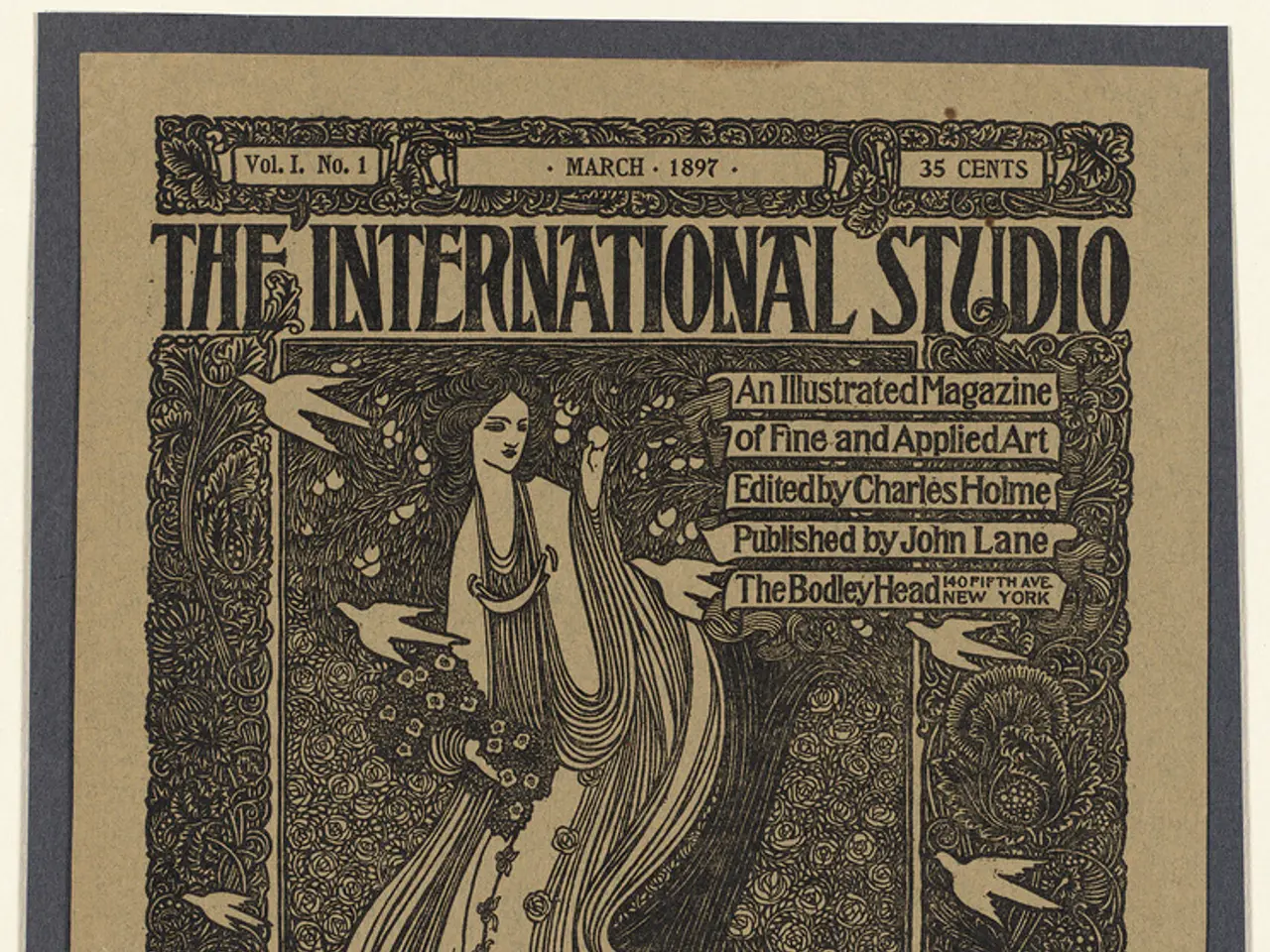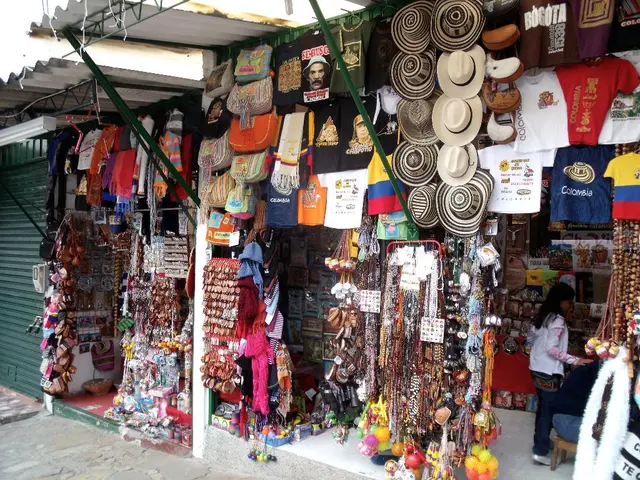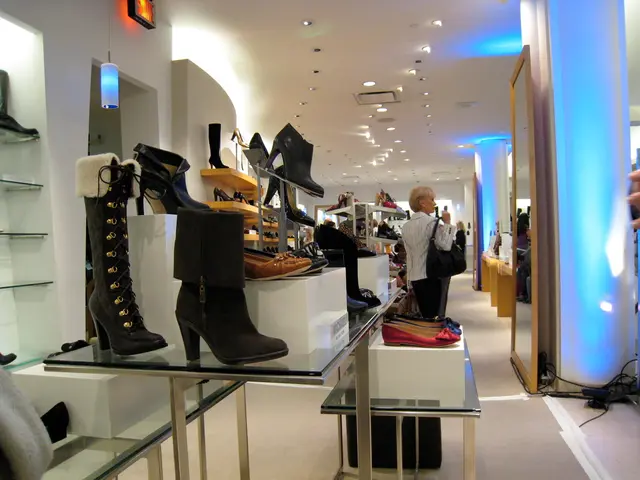Gender Neutrality Explained: Term, Pronouns, and Useful Resources
In the realm of gender identity, there exists a unique group of individuals known as gender apathetic people. These individuals, who might identify as apagender, greygender, cassgender, or any number of other terms, have an inner sense of self that defies traditional gender categories.
Gender identity, as distinct from gender expression, is an individual's personal sense of their gender. For gender apathetic people, this inner sense may be vague or undefined, existing somewhere off the traditional gender spectrum. They may not fully fit into any specific gender identity or expression category, and they are not overly concerned with labels or how others perceive them.
Gender apathetic people might choose pronouns that fit their unique identity. Common pronouns include he, she, ve, ze/zie, xe, they, and others. However, they might not use consistent pronouns, adding another layer of complexity to their gender expression.
Navigating this unique identity can be challenging, but resources are available to provide community, support, and understanding. Therapy apps like Pride Counseling, Dr on Demand, BetterHelp, Talkspace, and 7 Cups offer gender-related therapy services online. The Trevor Project offers a 24/7 online chat platform, a phone line, and text services for crisis counseling. The Human Rights Campaign provides a booklet titled 'Supporting and Caring for our Gender Expansive Youth' and resources for becoming a better ally.
Access to an active community of people identifying as gender apathetic is typically found through online forums, social media groups, or platforms dedicated to gender discourse. Networking can occur via these digital spaces, queer or non-binary support groups, and specialized community chats that focus on gender identity diversity. GLAAD provides an excellent glossary on sexual orientation and gender identity for those starting their exploration from ground zero.
It's important to note that being gender apathetic looks different for everyone, and identities can shift over time. Some gender apathetic people might feel loosely connected to certain gender identities but don't really care either way, while others might not be bothered by being misgendered. They may not feel the need for labels or may not mind distinctions between masculine and feminine genders.
However, gender apathetic people might find it difficult to connect with like-minded communities due to their lack of interest in discussing or celebrating their gender identity. Despite this, community, support, and understanding is a click, call, or text away for gender apathetic individuals.
In conclusion, gender apathetic people are a unique and often misunderstood part of the gender spectrum. By understanding their experiences and providing resources for support, we can create a more inclusive and understanding world for all.








